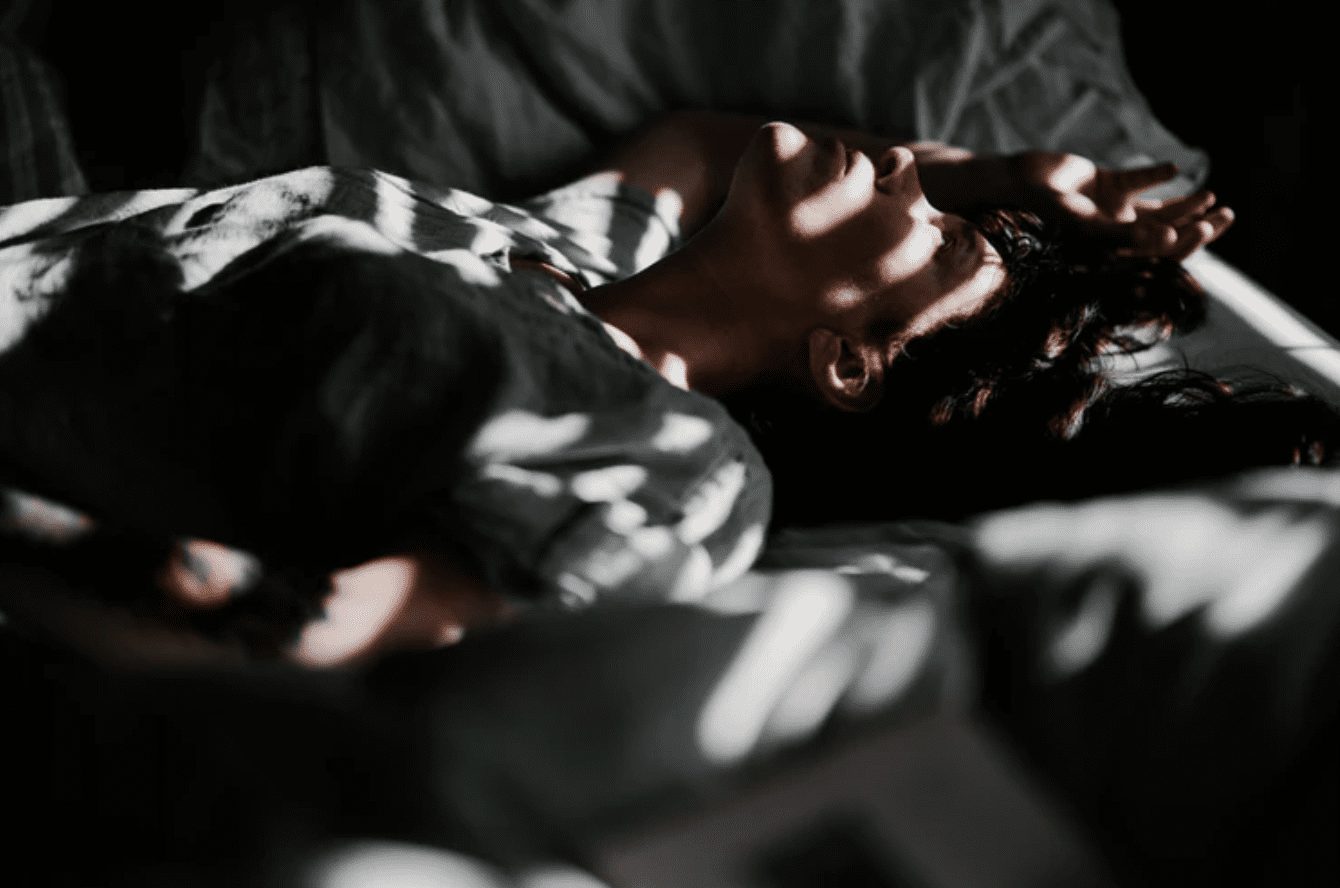Although insomnia is the predominant one among the sleep problems caused by addiction, we also count circadian rhythm disorder, sleep apnea, and parasomnias.
Besides dealing with their addiction, many people who went through it have also developed sleep disorders. Meaning that instead of one problem, they now have two, which have to be treated simultaneously, or insomnia can be treated after the successful withdrawal. Insomnia is by far the most common sleep disorder which runs among people who are recovering, but most of them experience the symptoms of insomnia during their addiction phase.
Although it mostly occurs as a secondary problem, insomnia is hard to beat, and it also aggravates the symptoms of addiction. If you or any of your close people went through this, or you are still dealing with it, know that with every day you are one step closer to getting your life and sleep back in a place where they should be.
We all deserve a second chance, so there is no reason to feel bad about yourself. However, it is essential to acknowledge your mistakes, to be fully aware of them. Only then you will be able to grow away from what is now behind you and be your own biggest support.
Relationship Between Sleep Disorders and Addiction
Although insomnia is the predominant one, among the sleep problems caused by addiction, we also count circadian rhythm disorder, sleep apnea, and parasomnias. Patients who are in the early stage of their recovery have five times higher chances of experiencing the symptoms of insomnia which can stay around for weeks or months.
But, this relationship works both ways; the addiction and the process of withdrawal can trigger sleep disturbances, and then those sleep issues can interfere and hinder the process of recovery. People who are going through their journey of recovery sleep-deprived are usually feeling down, moody, and impulsive, which all increases the chances of relapse.
In cases like this, relapse occurs because the symptoms of sleep deprivation are so severe, that people think that is their only chance of getting a bit of sleep. Alcoholics or people who were addicted to benzodiazepines are the ones most likely to relapse because they believe that the sedative effects will lull them to sleep.
As we mentioned, this relationship can go the other way around because people who suffer from sleep disorders have 5 to 10 times higher chances to be diagnosed with a substance abuse disorder. This mainly happens because people believe that they can cure insomnia with drugs, alcohol, or sleeping pills, which are all extremely addictive.
Treatment Options
If you have a history of drug abuse, we do not advise solving your insomnia with medications. Any prescription drugs or sleeping pills that need to be consumed continuously represents a risk factor for former addicts. If you think that that is the easiest solution, you must know that there are no quick solutions or magic pills that can change things overnight.
Time and patience are your best companions. So, instead of trying to cure one problem by creating another one, try some of the slower but safer approaches which have long-term effects. There are plenty of alternative supplements that are not addictive, and they are ideal for those with a history of misusing drugs.

Before you try some of the herbal or natural dietary supplements, consult your doctor, and do not take anything without his approval. So, if you are willing to make a change naturally and improve your sleep and quality of life, try some of the behavioral and lifestyle changes that we kindly recommend.
- Light exposure. One of the powerful tools for getting our circadian rhythm back in order is light, whether natural or artificial. Dim the lighting in the evening to induce sleep, and open up those curtains with the first rays of the sun. Also, avoid exposure to screen light around bedtime.
- Healthy food. Eating spicy, high sugar, or high carb food late in the evening will hinder your ability to fall asleep at the desired time. And the same is with drinks that contain caffeine or soda. We recommend eating in scheduled well-balanced meals that include some of the sleep-promoting foods such as kiwi, almond, milk, turkey meat, etc.
- Start exercising. Light exercises such as aerobics have a significant impact on sleep, and they should become a part of your daily routine. Meditation is also one way to exercise your body and mind; it will reduce stress and prepare you for sleep.
- Bedtime routine and environment. Consistency is the key to success, so once you create your relaxing bedtime routine, you need to stick to it, and practice it every night at the same time. Also, you can arrange your bedroom to be more sleep-friendly. So no working from the bed, no snacking in the bed, dim the lights, light a candle, turn on the white noise machine, or whatever works for you.
- Supplements and herbs. Melatonin supplements are popular and nonaddictive sleep aids; they will help you fall asleep faster and improve your sleep quality. Many herbs such as chamomile, valerian, and kava, have sedative features that can induce sleep. However, this can be very individual because the effect of herbs is not yet scientifically proven.
On the Road to Get Some Sleep
If you have overcome your addiction problems, then you are already one step ahead of the others. The toughest thing to do is to beat yourself, to change your will to do something, which is why former drug addicts are such strong personalities. These things change you forever, but it is up to you to decide whether that change is going to be good or bad.
Whether you are recovering from a broken heart, bad grades, addiction, or insomnia, that process is never going to be easy. But it is going to be worth it because once you are over it, you will realize how much have you grown, and what a mature and healthy person you have become.
So do not let insomnia get in your way, because you can change it, without drugs. Once you realize you are the one in charge, there will be nothing that could stop you.


Join the conversation!